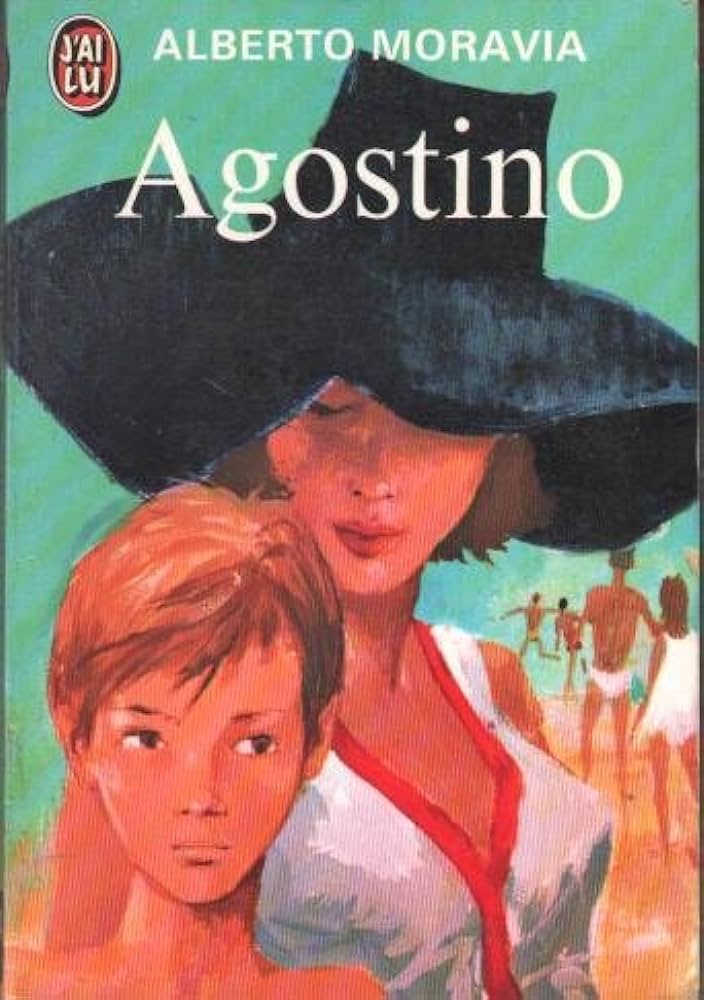Well, well, well… of course, Freud is back for more! After reading the first few pages, Freud was the man who immediately came to mind. In this week’s novel, I read Agostino by Moravia, and it’s definitely an interesting book. Going into it after reading the blurb, I expected it to be an innocent book about a boy spending the summer at a lovely house with his mother and meeting some new friends along the way. Clearly, there was more to the novel than I expected.
First of all, let’s get started with Freud once again. Oedipus complex seems to be a reccuring theme among these romance novels and I’m not sure how I feel about that. In particular, the part where the author said, “She wasn’t naked, as he had almost sensed and hoped while entering.”. My jaw fully dropped, thinking there was no way he had actually said that about his own MOTHER. The whole premise of Agostino being jealous of his mother meeting the young man and spending more time with him was strange. Whilst I can somewhat understand him being jealous at the time since he was so young and hadn’t yet fully understood the world around him and how his mother had a life outside of motherhood, it’s still a strange concept that was surprisingly popular among this era of novels.
Moving away from Freud, I also found the relationship with his ‘friends’ quite odd. I was surprised he was so eager and determined to stick around that group of boys, although they treated him like shit. Throughout the novel, Agostino grapples with feelings of jealousy and competition, particularly in relation to Nicola and other boys. These feelings stem from a desire for validation and acceptance as he learns the complexities of friendship and his overall identity. Moreover, as he becomes increasingly entangled in his love for Berta and the adult world, Agostino’s relationships with his friends are tested, highlighting the challenges of maintaining childhood friendships amidst the turmoil of adolescence.
Overall, the relationships Agostino allowed him to reflect on his journey towards self-discovery and maturity. Through their interactions and experiences, Agostino learns invaluable lessons about loyalty, jealousy, and the complexities of human relationships, allowing him to develop a deeper understanding of himself and the world around him.
My question for you this week is: Why do you think authors during this era of novels always seem to incorporate Freud and his theory? Does it bring any depth or cultural context to the story?
